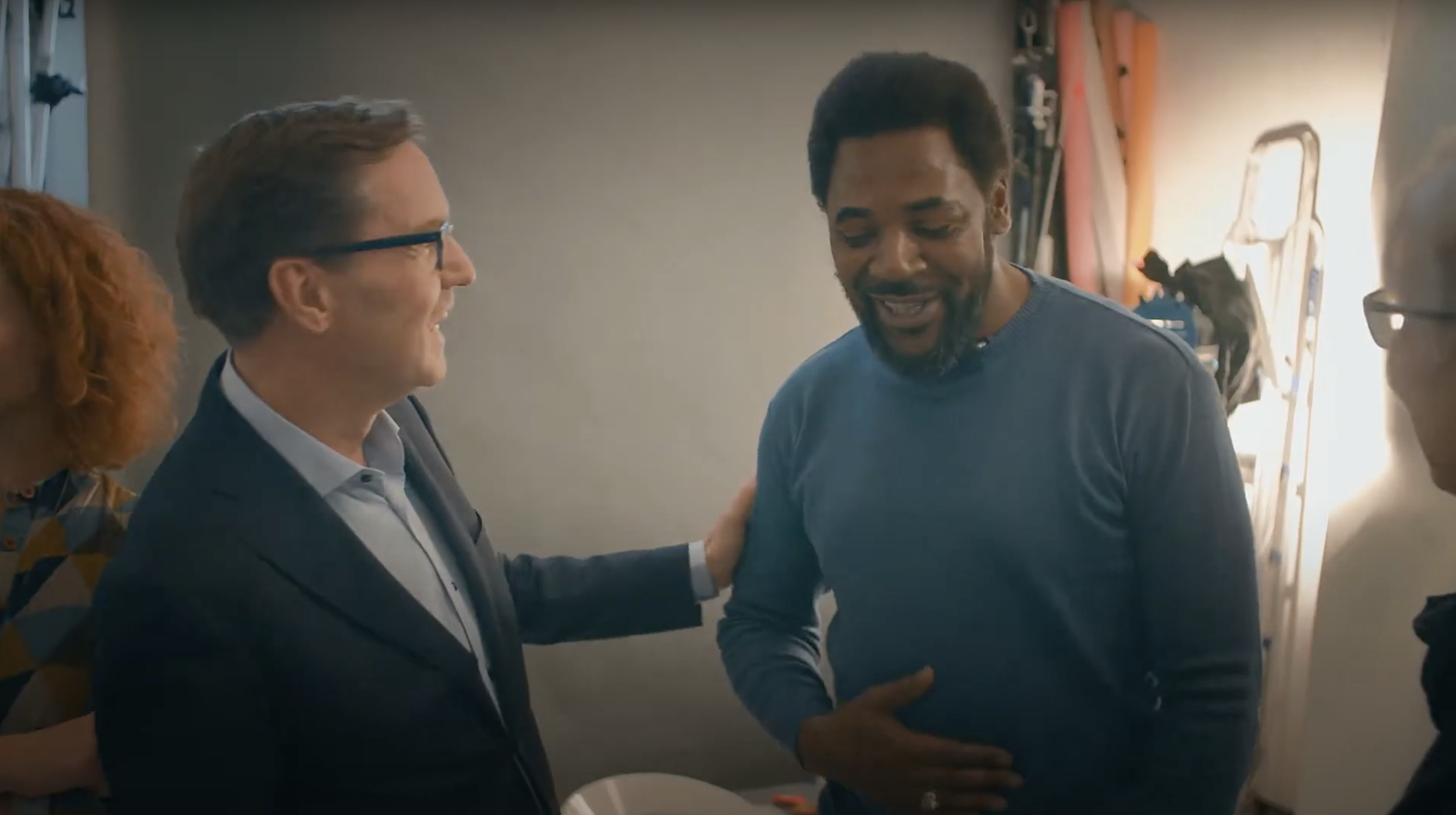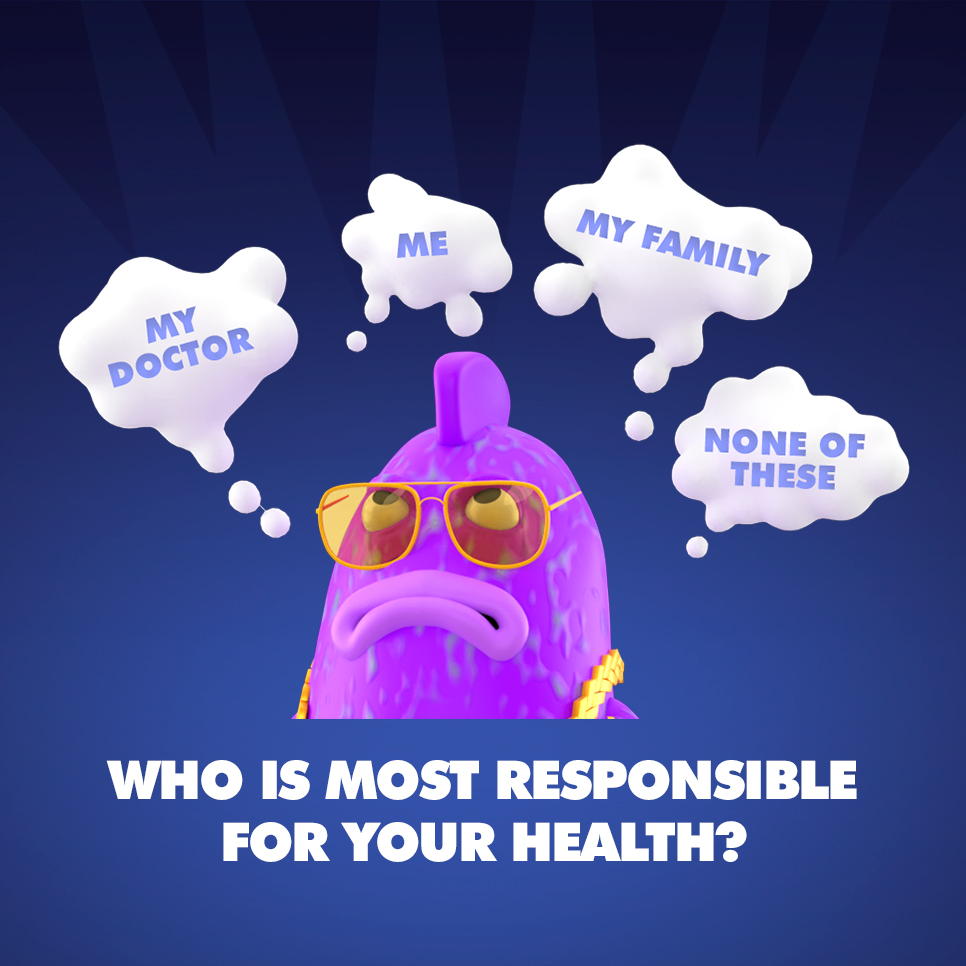
Crush Your FOFO
Helping scientists to understand what lies behind the publics Fear of Finding Out about their own health.
The Fear
As part of larger project with biopharmaceutical company AbbVie Live:Lab to help adults overcome the ‘Fear of Finding Out’ and take control of their own wellbeing we created ‘Crush your FOFO’.
A gamified health tool, designed to capture a data set from the general public to help experts better understand what lies behind the ‘Fear of Finding Out’.
Lurking Beneath
‘Crush your FOFO’ invites players to answer a series of questions to help them discover just how seriously they are affected by FOFO – and the possible next steps they should take.
The project’s aim was not only to collect data for analysis but also convince people how important it is to seek professional help before it’s too late.
In the end what should override our FOFO is the fear of finding out too late, and the consequences of doing so.
Characters
We developed quiz woven into a series of mini games. Players answered questions whilst playing and being entertained by funny little characters designed to personify fear.
The anonymous behavioural data captured in the project is open-data and together with the results can be accessed here.
Outcomes
Having a clearer understanding about why the general population, especially those with a predisposition to ill health, struggle to find out about their own health and what motivates a delay in visiting a GP.
The data was analysed and made available for research through The Open Data Institute.






